Porphyry, whose works — to borrow the expression of an irritated phenomenalist — “are mouldering like every other antiquated trash in the closets of oblivion,” speaks thus of these Diakka — if such be their name — rediscovered in the nineteenth century: “It is with the direct help of these bad demons, that every kind of sorcery is accomplished . . . it is the result of their operations, and men who injure their fellow-creatures by enchantments, usually pay great honors to these bad demons, and especially to their chief. These spirits pass their time in deceiving us, with a great display of cheap prodigies and illusions; their ambition is to be taken for gods, and their leader demands to be recognized as the supreme god.”
The spirit signing himself Swedenborg — just quoted from Davis’s Diakka, and hinting that he is the I AM, singularly resembles this chief leader of Porphyry’s bad demons.
What more natural than this vilification of the ancient and experienced theurgists by certain mediums, when we find Iamblichus, the expositor of spiritualistic theurgy, strictly forbidding all endeavors to procure such phenomenal manifestations; unless, after a long preparation of moral and physical purification, and under the guidance of experienced theurgists. When, furthermore, he declares that, with very few exceptions, for a person “to appear elongated or thicker, or be borne aloft in the air,” is a sure mark of obsession by bad demons.****
Everything in this world has its time, and truth, however based upon unimpeachable evidence, will not root or grow, unless, like a plant, it is thrown into soil in its proper season. “The age must be prepared,”
Page 220
says Professor Cooke; and some thirty years ago this humble work would have been doomed to self-destruction by its own contents. But the modern phenomenon, notwithstanding the daily exposes, the ridicule with which it is crowned at the hand of every materialist, and its own numerous errors, grows and waxes strong in facts, if not in wisdom and spirit. What would have appeared twenty years ago simply preposterous, may well be listened to now that the phenomena are endorsed by great scientists. Unfortunately, if the manifestations increase in power daily, there is no corresponding improvement in philosophy. The discernment of spirits is still as wanting as ever.
Perhaps, among the whole body of spiritualist writers of our day, not one is held in higher esteem for character, education, sincerity, and ability, than Epes Sargent, of Boston, Massachusetts. His monograph entitled The Proof Palpable of Immortality, deservedly occupies a high rank among works upon the subject. With every disposition to be charitable and apologetic for mediums and their phenomena, Mr. Sargent is still compelled to use the following language: “The power of spirits to reproduce simulacra of persons who have passed from the earth-life, suggests the question — How far can we be assured of the identity of any spirit, let the tests be what they may? We have not yet arrived at that stage of enlightenment that would enable us to reply confidently to this inquiry. . . . There is much that is yet a puzzle in the language and action of this class of materialized spirits.” As to the intellectual calibre of most of the spirits which lurk behind the physical phenomena, Mr. Sargent will unquestionably be accepted as a most competent judge, and he says, “the great majority, as in this world, are of the unintellectual sort.” If it is a fair question, we would like to ask why they should be so lacking in intelligence, if they are human spirits? Either intelligent human spirits cannot materialize, or, the spirits that do materialize have not human intelligence, and, therefore, by Mr. Sargent’s own showing, they may just as well be “elementary” spirits, who have ceased to be human altogether, or those demons, which, according to the Persian Magi and Plato, hold a middle rank between gods and disembodied men.
There is good evidence, that of Mr. Crookes for one, to show that many “materialized” spirits talk in an audible voice. Now, we have shown, on the testimony of ancients, that the voice of human spirits is not and cannot be articulated; being, as Emanuel Swedenborg declares, “a deep suspiration.” Who of the two classes of witnesses may be trusted more safely? Is it the ancients who had the experience of so many ages in theurgical practices, or modern spiritualists, who have had none at all, and who have no facts upon which to base an opinion, except such as have been communicated by “spirits,” whose identity they have no means

Moe is the founder of GnosticWarrior.com. He is a father, husband, author, martial arts black belt, and an expert in Gnosticism, the occult, and esotericism.

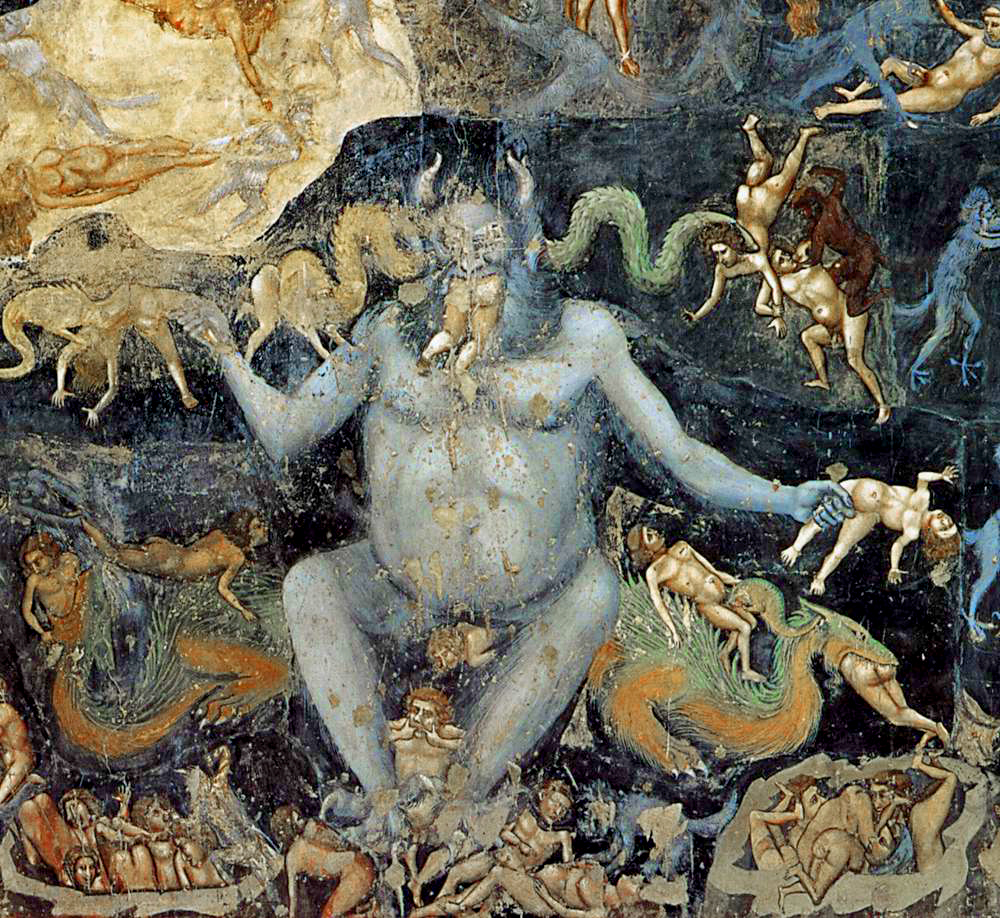

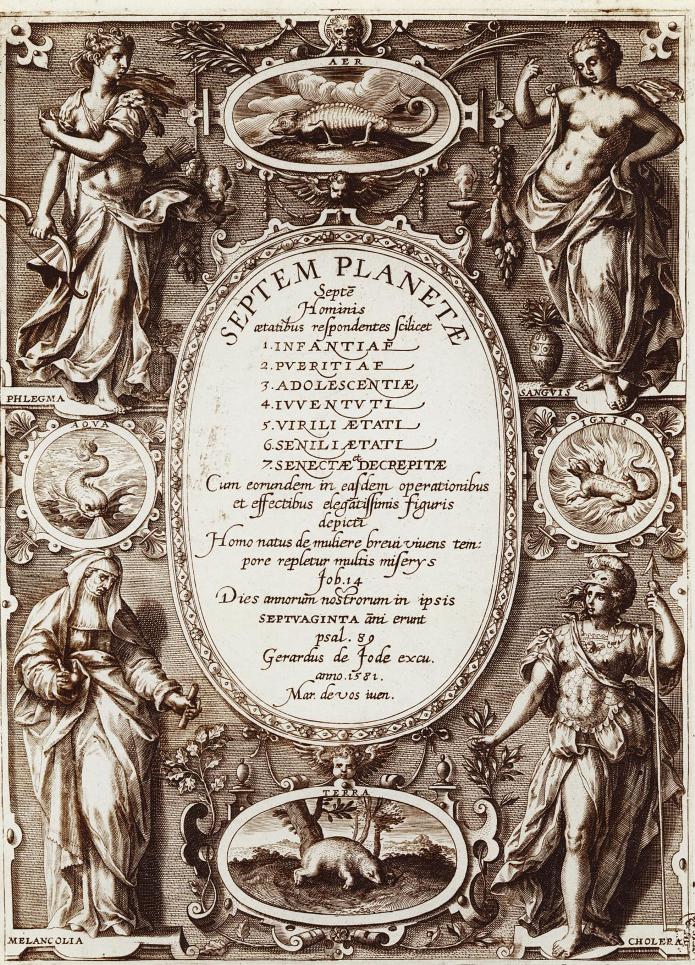
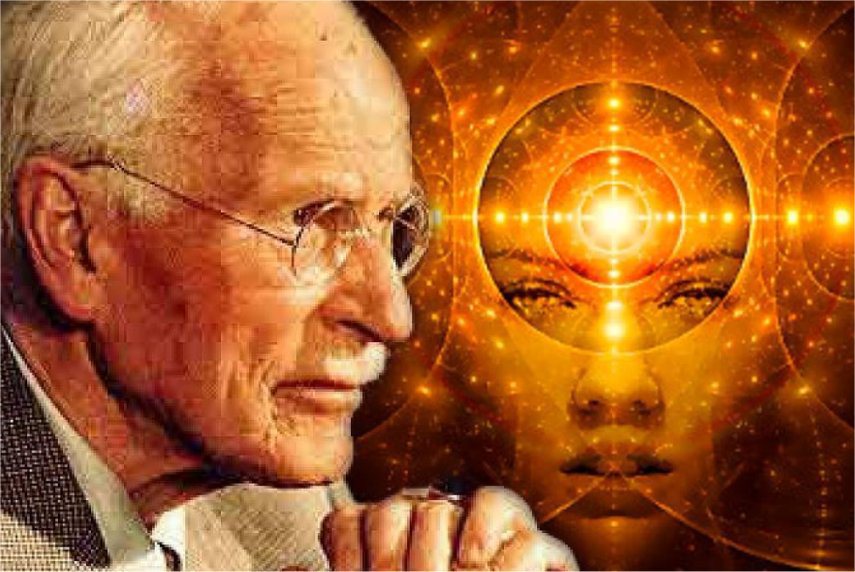
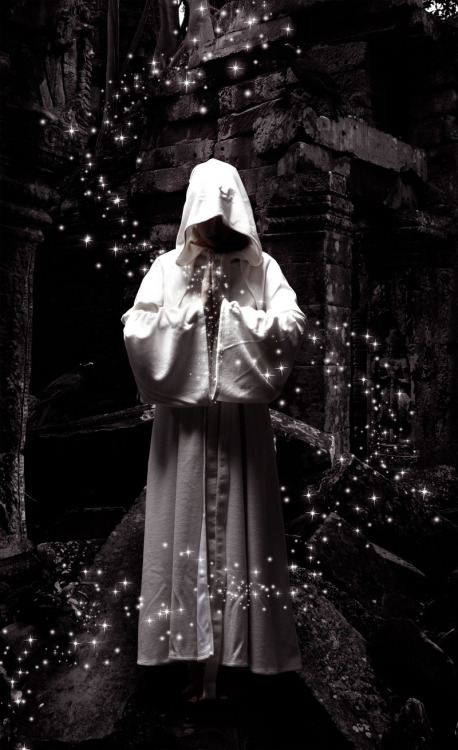
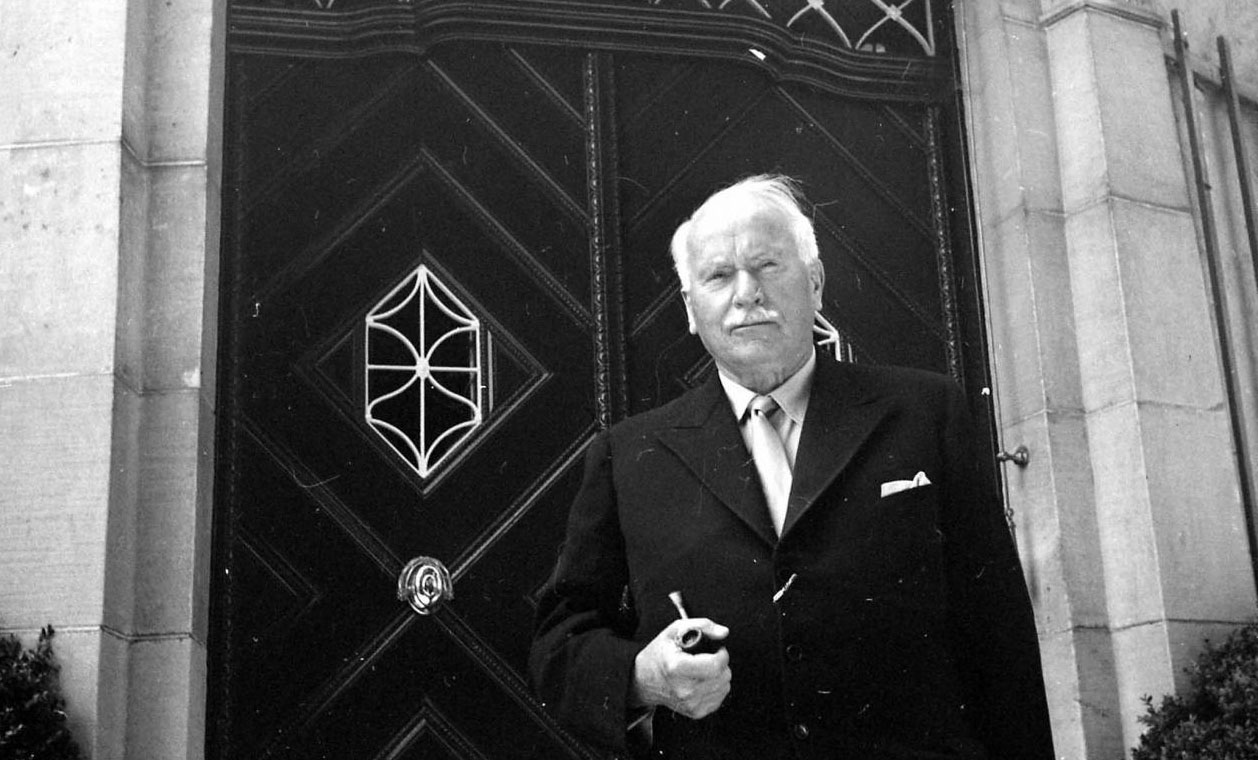
![How the South Saxons received Eadbert and Eolla, and the West Saxons, Daniel and Aldhelm, for their bishops; and of the writings of the same Aldhelm [705 A.D.] | Book 5 | Chapter 17 How the South Saxons received Eadbert and Eolla, and the West Saxons, Daniel and Aldhelm, for their bishops; and of the writings of the same Aldhelm [705 A.D.] | Book 5 | Chapter 17](https://www.gnosticwarrior.com/wp-content/plugins/contextual-related-posts/default.png)